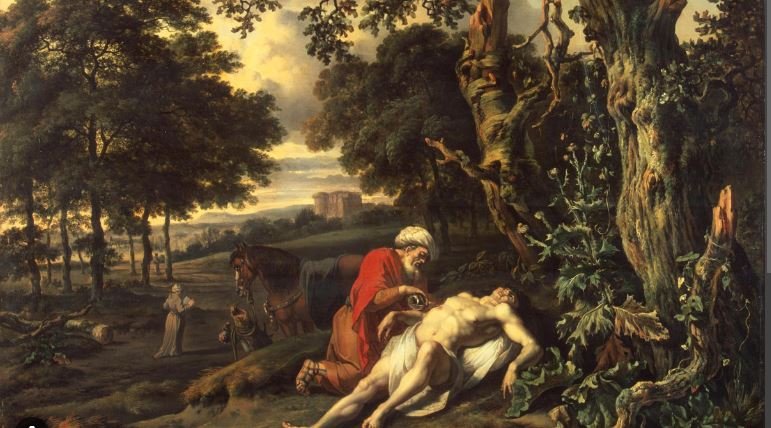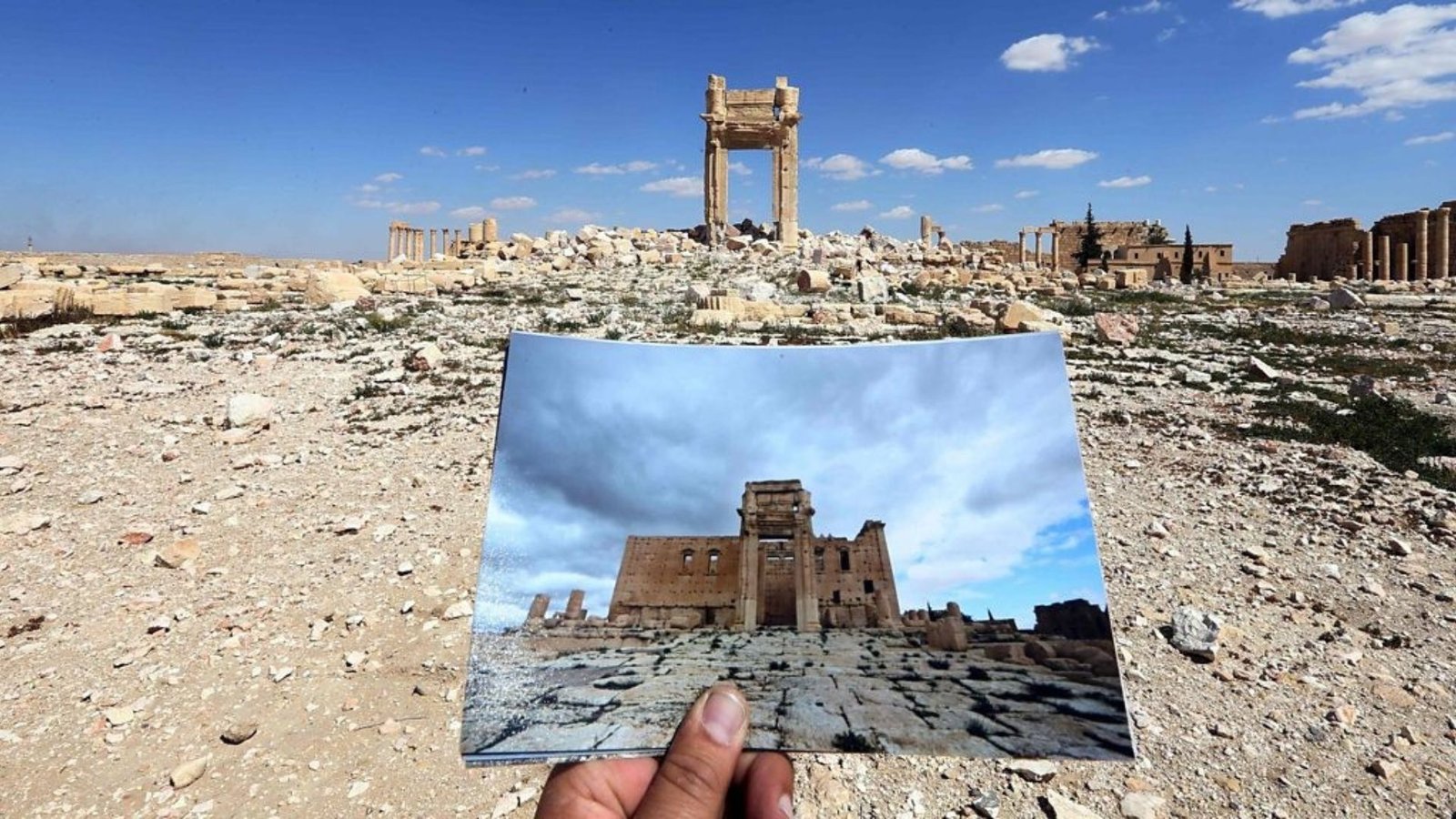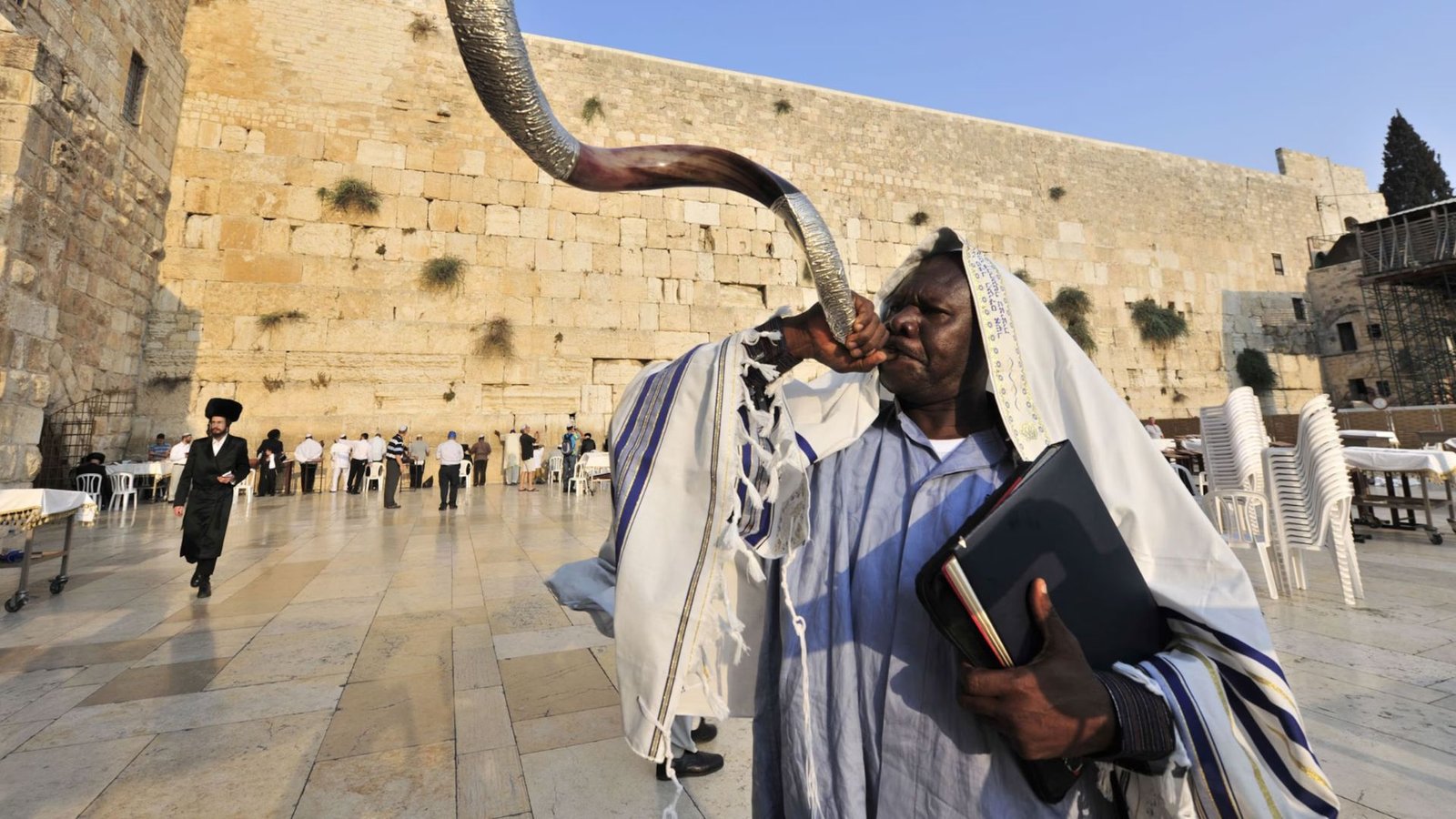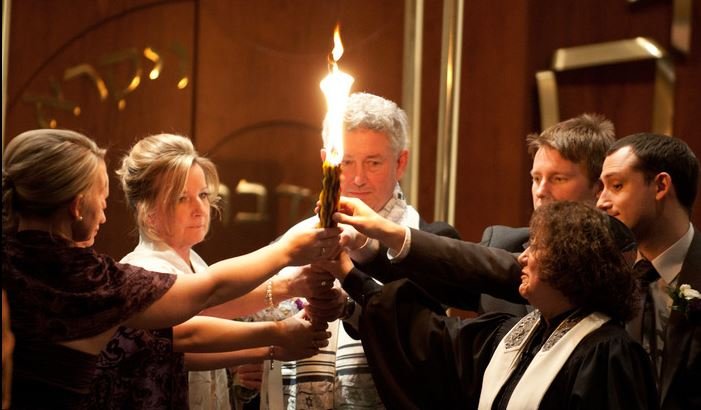Modern interpretations of classic Jewish folktales breathe new life into ancient narratives, bridging the gap between traditional stories and contemporary contexts. By reimagining these tales, we reflect the evolving cultural landscape while preserving the essence of the original stories. This exploration highlights how modern adaptations of Jewish folktales resonate with today’s audiences, blending timeless wisdom with current sensibilities.

The Enduring Appeal of Jewish Folktales
Jewish folktales have long captivated audiences with their rich narratives and moral lessons. These stories, often passed down through generations, reflect the values, beliefs, and historical experiences of Jewish communities. Their enduring appeal lies in their universal themes, which continue to resonate with readers and listeners across different cultures and eras. Consequently, these tales remain relevant, offering timeless insights and reflections.
Reimagining Classic Tales for Modern Audiences
Modern interpretations frequently involve reimagining traditional stories to reflect contemporary issues and perspectives. For instance, retellings might incorporate modern settings, diverse characters, and updated dialogues. Therefore, making these tales more accessible and relevant to today’s audiences. By doing so, we ensure that the timeless messages of the stories continue to engage and inspire, bridging past and present seamlessly.
The Role of Digital Media in Retelling Folktales
Additionally, digital media plays a significant role in the modern retelling of Jewish folktales. Platforms such as podcasts, blogs, and social media offer new avenues for sharing and adapting these stories. Furthermore, digital formats allow for creative expressions, such as animated adaptations and interactive storytelling. This approach not only enhances the reach and impact of classic Jewish folktales but also integrates modern technology into traditional narratives.
Incorporating Diverse Perspectives
Modern interpretations often incorporate diverse perspectives, reflecting the multicultural nature of contemporary society. By including characters and voices from various backgrounds, retellings can address broader social issues and foster inclusivity. Thus, diversity enriches the narratives and broadens their appeal to a global audience, ensuring that the stories resonate with a wider spectrum of readers and listeners.
Contemporary Themes in Retellings
Furthermore, contemporary themes such as social justice, identity, and technology frequently feature prominently in modern retellings of Jewish folktales. Also, these themes resonate with current societal concerns and provide a fresh lens through which to explore traditional narratives. For example, a classic tale about overcoming adversity might be adapted to address modern challenges like digital privacy or climate change, thereby remaining pertinent to today’s issues.
Modern Adaptations in Literature
Modern Jewish authors have successfully adapted classic folktales into contemporary literature. These adaptations often involve reworking the narratives to fit modern genres, such as fantasy, science fiction, or historical fiction. By doing so, authors preserve the core messages of the original tales while introducing them to new literary contexts, thereby expanding their reach and relevance.
The Influence of Popular Culture
Popular culture has significantly influenced modern interpretations of Jewish folktales. Films, television shows, and theater productions frequently draw on classic stories, reinterpreting them to fit current cultural trends and artistic styles. This influence contributes to the ongoing relevance of Jewish folktales in popular media, highlighting their adaptability and enduring appeal.
Educational Approaches to Folktale Adaptations
Educational settings also benefit from modern adaptations of Jewish folktales. Teachers and educators use contemporary retellings to engage students and teach valuable lessons about culture, history, and ethics. By presenting these tales in a format that resonates with young learners, educators effectively impart the enduring wisdom of Jewish folktales, making them accessible and engaging for the next generation.
The Impact of Modern Adaptations on Cultural Preservation
Modern interpretations of Jewish folktales play a crucial role in preserving cultural heritage. By adapting these stories to contemporary contexts, creators ensure that they remain relevant and accessible to new generations. This process of cultural preservation helps maintain the connection between past and present, ensuring the continued vitality of Jewish storytelling traditions.
Challenges in Adapting Folktales
Adapting classic Jewish folktales presents several challenges, including balancing fidelity to the original narratives with the need for modern relevance. Creators must navigate the tension between preserving traditional elements and introducing new interpretations that resonate with today’s audiences. Addressing these challenges requires careful consideration and creative ingenuity to maintain the integrity of the stories while updating them for contemporary times.
Celebrating Modern Interpretations
Modern interpretations of Jewish folktales offer opportunities to celebrate and explore cultural heritage in new and exciting ways. By engaging with contemporary retellings, audiences gain a deeper appreciation for the richness of Jewish storytelling and its continued relevance in today’s world. This celebration of modern adaptations highlights the dynamic nature of cultural storytelling and its impact on contemporary culture.
Future Directions in Folktale Adaptations
The future of modern interpretations of Jewish folktales promises continued innovation and exploration. Emerging technologies, evolving cultural trends, and new storytelling methods will likely influence how these tales are adapted and shared. As the landscape of storytelling evolves, Jewish folktales will continue to inspire and captivate audiences around the world, ensuring their lasting impact and relevance.
Conclusion
Modern interpretations of classic Jewish folktales highlight the dynamic nature of cultural storytelling. By reimagining traditional narratives through contemporary lenses, these adaptations ensure that the wisdom and charm of Jewish folktales remain relevant and engaging. As we explore these modern retellings, we celebrate the enduring legacy of Jewish storytelling and its impact on contemporary culture.




